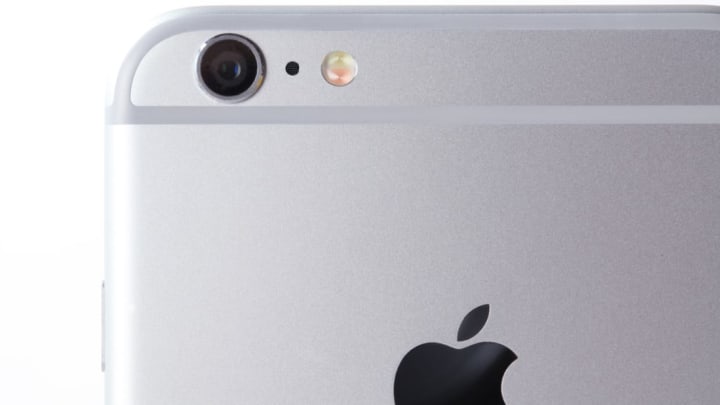Does it sometimes feel like your older model iPhone is getting slower with each passing day? You're not imagining things. Apple recently issued a statement regarding claims that it’s been intentionally slowing down older iPhone models as new updates to its operating system have been rolling in. While the tech giant admitted to the practice, it claims the reasoning behind it is purely out of necessity.
As lithium-ion batteries age, they’re “less capable of supplying peak current demands when in cold conditions, have a low battery charge or as they age over time, which can result in the device unexpectedly shutting down to protect its electronic components,” according to the company. This means they’re unable to handle the high workloads of phones with new batteries. So in order to mitigate the issue, Apple introduced a feature on older models to slow them down to avoid overloading the batteries which would lead to these shutdowns.
Some consumers and tech journalists have a different theory, though, claiming that this is a tactic on Apple’s part to force users to upgrade to the latest phone models. The practice left such a bad taste in some consumers’ mouths that some people have filed lawsuits over the issue.
In both Illinois and Los Angeles, consumers have filed class-action lawsuits against Apple. The Chicago-based suit—which was filed by consumers in Illinois, Ohio, Indiana, and North Carolina—claims Apple took part in “deceptive, immoral, and unethical” practices that violate the rights and protections of customers.
“Corporations have to realize that people are sophisticated and that when people spend their hard-earned dollars on a product they expect it to perform as expected,” attorney James Vlahakis told the Chicago Sun-Times. “Instead, Apple appears to have obscured and concealed why older phones were slowing down.”
In Los Angeles, the suit, filed by two law students from the University of Southern California, argues that customers “were never given the option to bargain or choose whether they preferred to have their iPhones slower than normal.” The suit also says Apple “never requested consent” for the slowdown, and that it caused the plaintiffs to “suffer, and continue to suffer, economic damages,” according to a copy of the suit obtained by CBS.
Both suits are seeking unspecified damages from Apple, and as the story continues to grow, more suits could be filed. Apple has yet to respond to the lawsuits.
Fortunately, upgrading your phone isn't the only way to speed it back up. There are several simple tricks, like changing your wallpaper or deleting some widgets, that can help to make your iPhone faster. And if battery life is a constant problem, there's an easy way to squeeze more juice out of your device in just five minutes.
